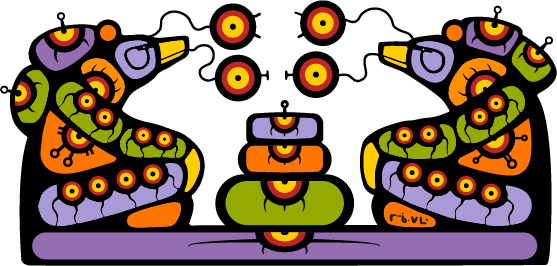Jimmy D. - Part 1
Air Date: July 14, 2022
Summary
Jimmy D. is the way everyone in Metis country knows Mr. Jimmy Durocher. In this interview, he talks in a mixture of English, Cree and Michif to get his important message across. pikiskwewin Producer Robert Merasty says he picked him as a guest for his first episode of niweciwakanak -My Friends because Jimmy D. is very knowledgeable about the history of the community of Ile a la Crosse and how the Métis Nation of Saskatchewan began. This is the first of three interviews with Jimmy D.
SERIES
niweciwakanak
My Friends
HOST & PRODUCERS
Robert Merasty
Bee Bird
Shannon Avison
Episode Guest
Mr. Jimmy Durocher aka Jimmy D. was born in 1940 in Ile a La crosse, Saskatchewan.In his youth he spent some time in the Ile a la Crosse residential school. He tried to follow his father’s footsteps to become a trapper and live off the land but that didn’t work out so, when he was still just a teenager, he joined the Air Force.
He wanted to be a mechanic so, with $50.00 in his pocket, he hitchhiked to Saskatoon to enlist. In those days, $50.00 was a lot of money. The money was given to him by old army veterans like Leo Belanger, Vital Morin and Gilbert McCallum. After he enlisted, he was stationed in Camp Borden for several years and travelled to places like St. Jean, Quebec before being discharged from the services.
He came back to Saskatchewan to begin his political career, working for the organization that would become the Métis Nation of Saskatchewan (MNS). When he first got involved, Mr. Durocher said that there was no province-side organization; but, there were two organizations for Metis people--one in the southern part of Saskatchewan and the other in northern Saskatchewan. There was no funding for either group to have meetings, gatherings or even travel. Funds were raised with bingos and dances. The Metis throughout the province were fighting for basic issues, such as housing, food security and making sure their people had the bare necessities of daily living. Hunger was pretty common back then because it was illegal for Metis people to hunt and fish out of season. They did not have rights to hunt and fish, even for food to feed their families.
Durocher said that in the early days, they would catch rides to political meetings and meetings with the province with doctors, police and conservation officers who were often attending the same meetings. He says, with a laugh, that if they complained about the conservation officers charging Metis people, the officers would jokingly say, "Next time, I'm not giving you a ride."
After some hard work, the two Metis groups, led by Dr. Howard Adams and Jim Sinclair, amalgamated and were able to get some money from the provincial government. Thus began the Association of Metis and Non-status Indians of Saskatchewan (AMNSIS), which became the Métis Nation of Saskatchewan.
Mr. Durocher says we have to hang on to our languages, our culture and our land to survive as Indigenous peoples. In Ile a la Crosse we are so lucky to have our own School Division that can teach our children language culture and traditions. Durocher says it is mandatory that you have language, history and land in order to be a Nation.






Long time Cree/Michif broadcaster Robert Merasty speaks with Larry Gardiner on fishing and living on the land.